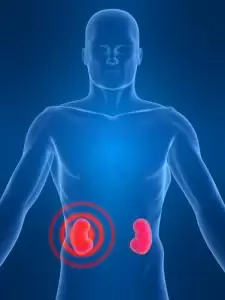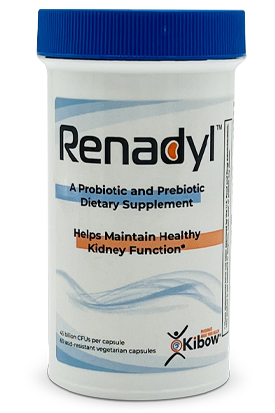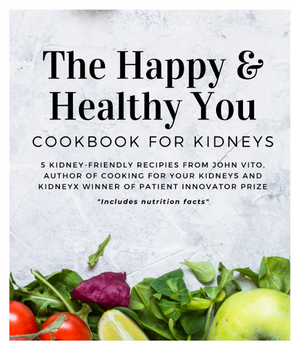Kidney Disease: Understanding the Facts
Kidney Disease, also known as chronic kidney disease, or CKD, touches almost every person in 
NKF: One in nine adults are at increased risk
According to the National Kidney Foundation, more than 26 million Americans—one in nine adults—are at increased risk, and most don’t know it. Kidney disease can be found and treated early to prevent its progression and complications. That’s because, in the early stages, there are rarely any symptoms, or the symptoms are too slight to notice. However, CKD is a degenerative disease, which means that over time, the condition will worsen.
CKD occurs when the kidneys fail to filter wastes from the bloodstream for any reason. Eventually, those accumulated wastes will build up, causing a condition generally known as azotemia. This condition can become fatal if not medically treated. In addition, related complications of that waste buildup can include high blood pressure, anemia, weak bones, poor nutrition¬al health and nerve damage.
Kidney Disease Worldwide
According to the World Health Organization, kidney disease and disease of the urinary tract cause 850,000 deaths worldwide every year. Globally, CKD is the 12th leading cause of death and the 17th leading cause of disability.
Sadly, those numbers may be misleadingly low since people with CKD are at high risk for heart disease and stroke and they are more likely to die of a heart attack or stroke than of CKD. Moreover, patients with cardiovascular disease are at high risk of CKD, which may go unrecognized because of the similarity of symptoms between the two diseases.
Dialysis three times per week in four- to five-hour sessions, is required to sustain life in Stage 5 unless a transplant is available. In the U.S., dialysis is extremely expensive, costing about $80,000 a year. The National Institutes of Health estimate the annual cost of treating end-stage renal disease (ESRD) in the U.S. is about $30 billion.
It is estimated that 300 million people suffer from CKD worldwide as shown on the graph above. Additionally, access to kidney dialysis, kidney transplant, and state-of-the-art therapies is very limited and cost prohibitive in most of the world. It is probable that a large number of additional cases go unreported, due to the difficulty of diagnosing a patient with CKD in the early stages.

 Renadyl™
Renadyl™